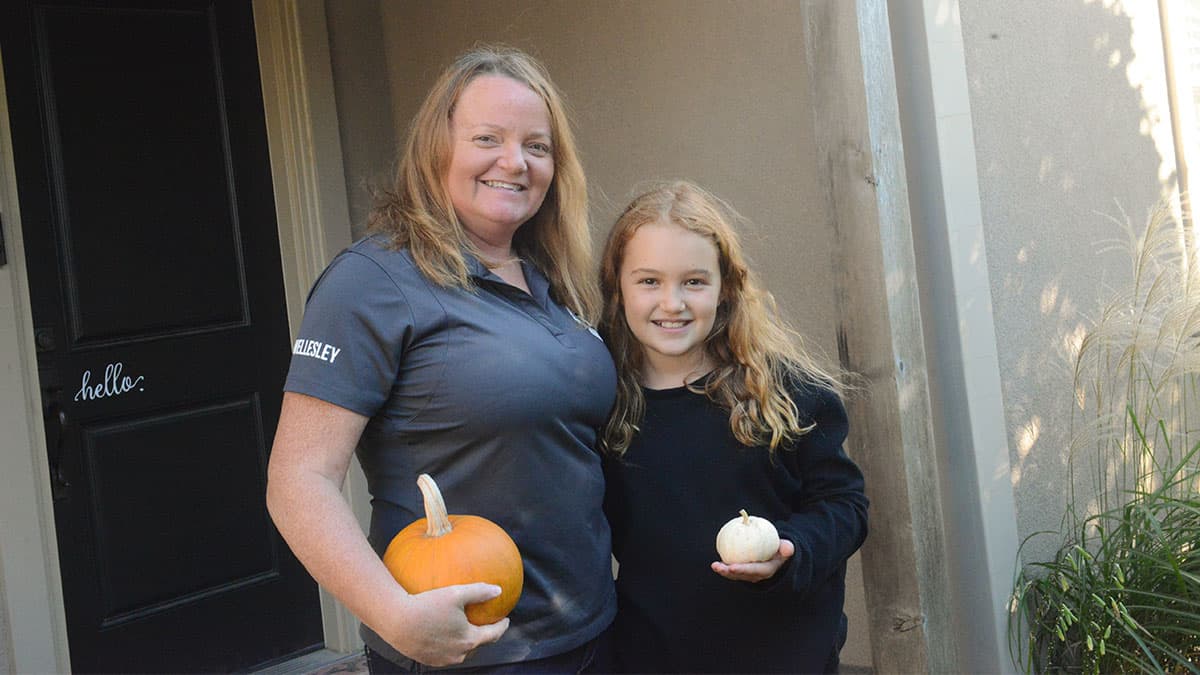Pregnant women and those who’ve recently given birth have lower vaccination rates, with the region making a push to reverse that situation. Health officials say the vaccine is highly effective for such individuals.
Getting the jab helps pregnant and breastfeeding women reduce the risk of getting seriously ill from COVID-19, says Sharon Bal, a community medicine practitioner.
She joined medical officer of health Dr. Hsiu-Li Wang October 23 at the region’s weekly pandemic briefing. The latter also called for pregnant and nursing women to get vaccinated in consultation with their doctors.
“Pregnant women are at higher risk for serious illness and adverse outcomes from COVID. In this population, we have lower rates of vaccination than those in the general eligible population. While initial safety studies universally excluded pregnant and lactating individuals, which is exceedingly common in the trials, there is increasing real world evidence of both efficacy and safety in these populations,” said Bal.
Both the National Advisory Committee on Immunization and the Society of Obstetricians and Gynaecologists of Canada recommend that pregnant or breastfeeding people be offered the COVID vaccine if they are eligible, she noted.
“Talk to your healthcare provider, your family physician, your nurse practitioner, your OB or your midwife – all can direct you to appropriate resources and support informed decision making and ensure access to the vaccines.”
According to the Better Outcomes Registry and Network (BORN), Ontario has been seeing a rise in pregnancy since the beginning of March this year, exceeding the number of infants born in 2018 and 2019. BORN also has an evaluative report from December 2020 to the end of June this year, noting pregnant persons are considered high-risk for COVID-19 complications based on higher rates of hospitalization, ICU admission and death compared with non-pregnant persons.
“We do have real-world data, that looks at the efficacy and the safety that we’ve seen as women did receive their vaccine. We know that in the second phase of the rollout, pregnant women were actually prioritized and then reprioritized again, so we have quite a bit of data. As we get more data, as we feel more confident, and as we pair that with the fact we have potentially poor outcomes, potentially more serious illness in pregnant women, I think that we are seeing phenomenal resources that link to data and link to studies,” said Bal, noting there is now more than enough data to mollify any concerns.
The Institute for Clinical Evaluative Sciences earlier this month reported just 60 per cent of pregnant women had been vaccinated, compared to 84 per cent for the general eligible population.
“The Society of Obstetricians and Gynecologists of Canada strongly recommends that pregnant women get vaccinated because they are at much higher risk. We’ve seen this in our Ontario statistics, they are at much higher risk of having severe outcomes for themselves and for their babies. The vaccine is safe and effective for pregnant women or breastfeeding, etc. We understand and we know that pregnant women have questions and concerns so that’s why we’re saying don’t hesitate to reach out to your primary care provider, your OBGYN, your midwife to ask questions. We have more and more data everyday that confirms the safety and efficacy of the vaccine,” said Wang.
The region has an at-home vaccination program they recommend to this segment of the population, under which someone comes to an individual’s home at their chosen time to give them the COVID-19 vaccine.
“It’s pregnant patients and even post-partum patients who are breastfeeding that the home vaccination program would be a great option for them. I want to encourage them to use that to make their lives a little easier. We have capacity and would love to see that program grow,” said Vickie Murray, director of pharmacy of Grand River Hospital and St Mary’s General Hospital.









